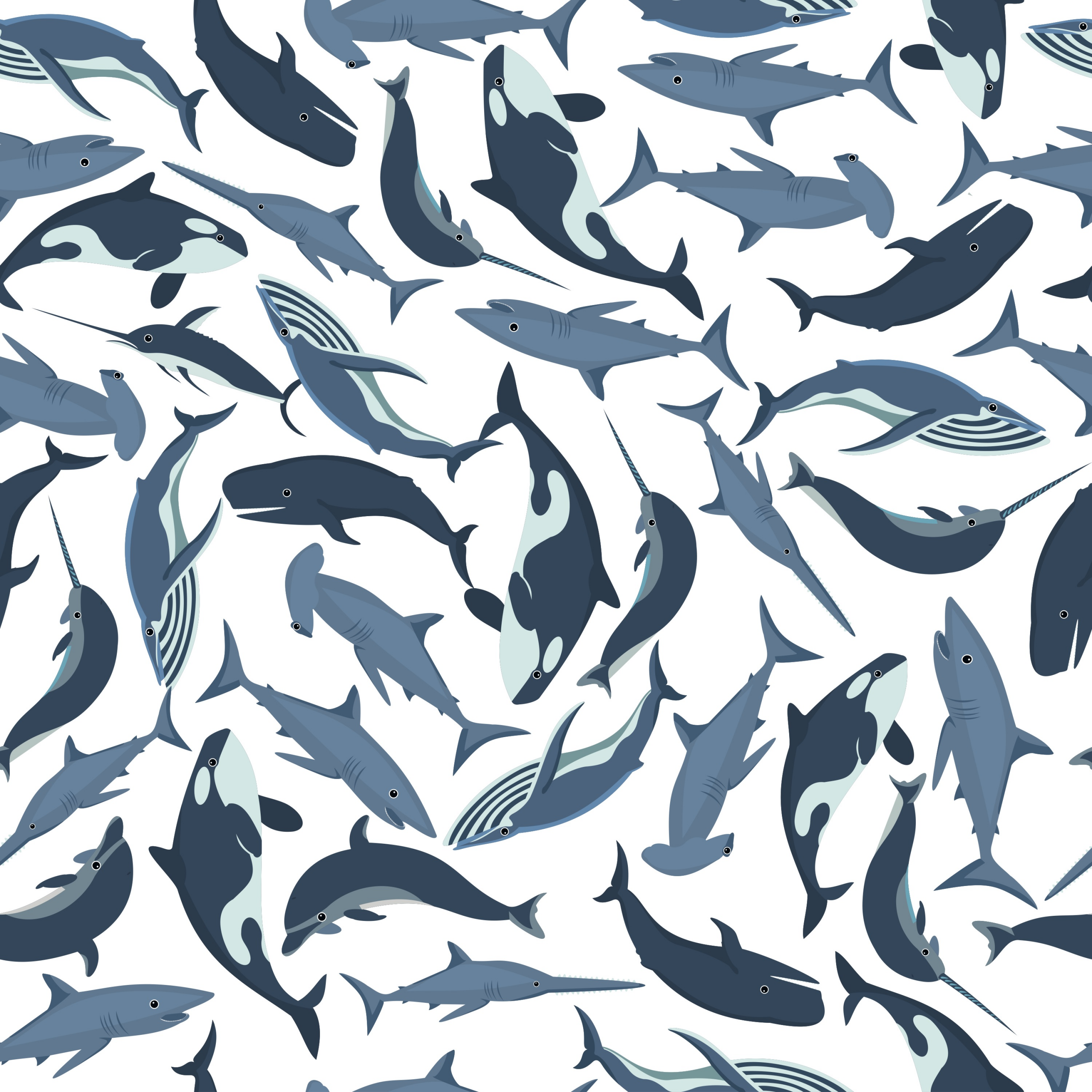More than 25 Latin American civil organizations strongly rejected the fact that the Japanese whaling fleet has recently headed towards the Southern Whale Sanctuary waters, and renewed their call for governments in the region to lodge a diplomatic protest against the so-called “scientific” whaling.
The Japanese fleet set sail last November, 19 in the middle of the silence of Latin American governments that have not yet formally answered the request sent by forty civil organizations from 15 countries. This request, dated November12 condemns Japanese whaling operations in the Southern Ocean.
In relation to this, the organizations that signed the above mentioned request, said that they are greatly surprised by governments’ silence, especially considering that the International Whaling Commission (IWC) is undergoing a delicate negotiation process to define its future, and the most controversial issue is the so-called “scientific” whaling, which is threatening the efforts to reach a successful agreement.
The NGOs recalled that the first stage of the negotiation process to define the IWC’s future began on June, 2009 in Santiago de Chile but couldn’t reach an agreement after Japan had submitted, in May 2009, a proposal for the “scientific” whaling reduction that was described by the former IWC chairman, William Hogarth as an unreasonable proposal. As a result of this, during the last annual meeting held on June, 2009 the IWC recognized that they were not able to reach an agreement, and resolved to extend the negotiation process for a year, this time under the authority of the new IWC chairman, the Chilean ambassador Cristian Maquieira.
Regarding this negotiation process, the Latin American organizations stressed the importance for the region to advance towards a successful reform of the IWC which adapts the work of the Commission to the current interests of non-lethal use and conservation of whales, and which resolves the conflicts caused by the unilateral imposition of Japan’s interests at the heart of this international forum.
As part of this new negotiation period, a group made up of twelve IWC members – including Japan – got together during last October in Santiago de Chile and recentlycontinued their conversations behind closed doors in Seattle (USA)in a new meeting which lasted three days. Apparently, the debate about possible reforms to help the negotiation process could not be completed since a new meeting has been scheduled for next January.
Although these meetings are confidential, the civil organizations stated that the fact that the Japanese whaling fleet is soon to arrive to the Southern Whale Sanctuary waters suggests that, again, the “scientific” whaling would be undermining the Commission’s work. The situation becomes even worse considering that, while the meeting was held in Seattle, Norway reported that the nation will increase in about 45% the quota of commercial whaling under reserve. This fact harms even more the delicate current reform process of the IWC.
Therefore, the civil organizations offered their support to the Buenos Aires Group and reaffirmed that it is immediately necessary that Latin American governments work fast towards the execution of public actions against “scientific” whaling and other similar operations because they constitute a mechanism of inacceptable pressure which threatens the negotiation process and the IWC’s governance.
They finished appreciating the previous job that the governments of the region have been doing on this matter. In addition, they said that they expect governments to pay expeditious attention to the Latin American citizenry’s call as one of the compromises of the Buenos Aires Group is to reject “scientific” whaling. While debate and meetings are still held, hundreds of whales keep dying every year under the harpoons of an anachronistic activity disguised as science and whose actual aim is to sell the meat of these majestic mammals.
Organizations that signed this document:
Asociación Ambiental Vida – Costa Rica
Asociación de Biología Marina (ABIMA) – Guatemala
Asociación Áreas Costeras y Recursos Marinos (ACOREMA) – Perú
Asociación por los Derechos de los Animales – Guatemala
Asociación por los Derechos de los Animales en Yucatán – México
Asociación Programa de Restauración de Tortugas Marinas (PRETOMA) – Costa Rica
Centro de Conservación Cetacea (CCC) – Chile
Centro de Conservación Cetacea (CCC) – Brasil
Centro de Estudios para la Conservación Marina (CEMAR) – Brasil
Centro Ecocéanos – Chile
Centro Mexicano de Derecho Ambiental – México
Club de Jóvenes Ambientalistas – Nicaragua
Fundación Ballenas del Pacífico – Ecuador
Fundación Keto – Costa Rica
Fundación Patagonia Natural – Argentina
Fundación Promar (Promar) – Costa Rica
Fundación Selva-Vida Sin Fronteras – Ecuador
Fundación Yubarta – Colombia
Grupo Biomarina – Venezuela
Instituto de Conservación de las Ballenas (ICB) – Argentina
Observatorio Latinoamericano de Conflictos Ambientales (OLCA) – Chile
Organización para la Conservación de los Cetáceos (OCC) – Uruguay
Preserve Planet Internacional – Sede Costa Rica
Sociedad Ecológica Venezolana Vida Marina (SEA VIDA) – Venezuela
Sociedad Humanitaria Internacional (HSI)- Latinoamérica – Sede Costa Rica
Sociedad Mundial para la Protección Animal (WSPA)- Regional Latinoamérica – Costa Rica
The Leatherback Trust (TLT) – Costa Rica



